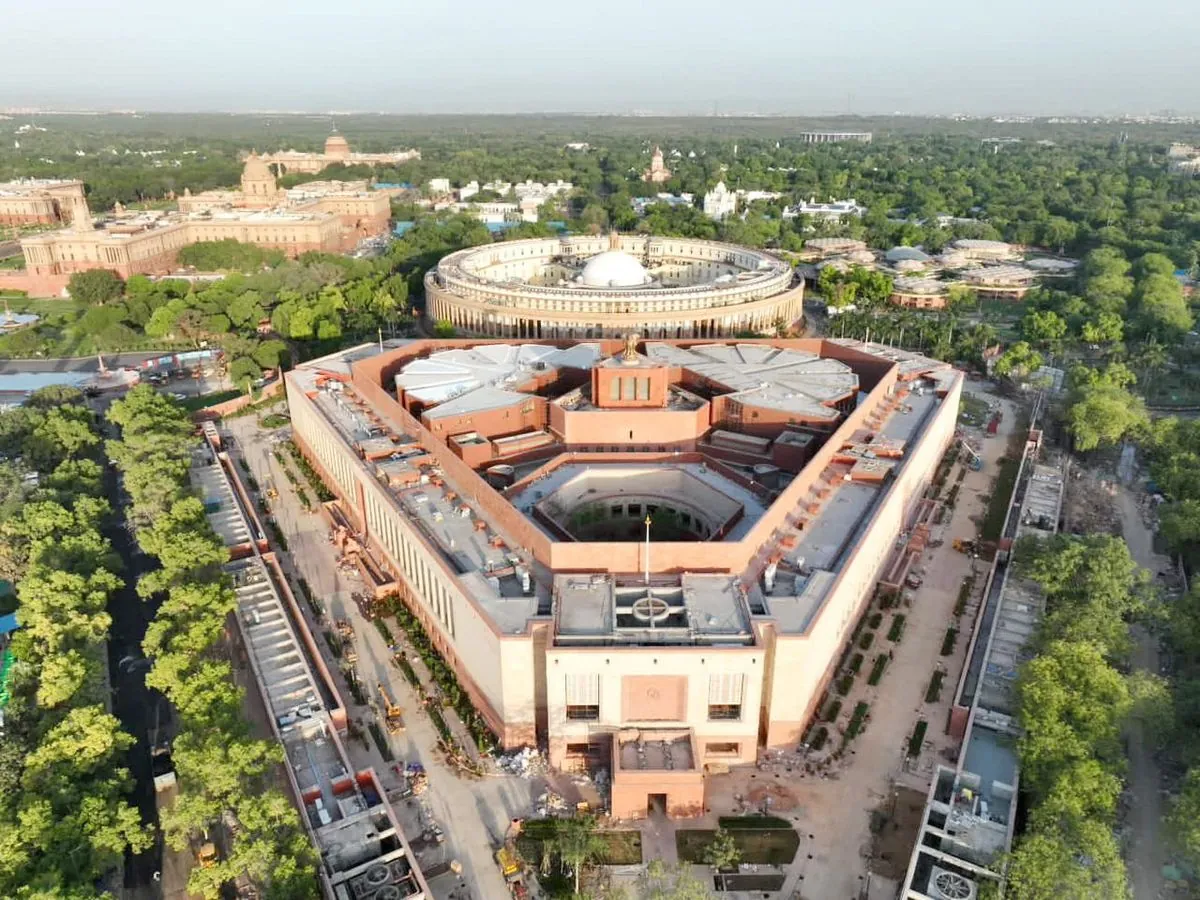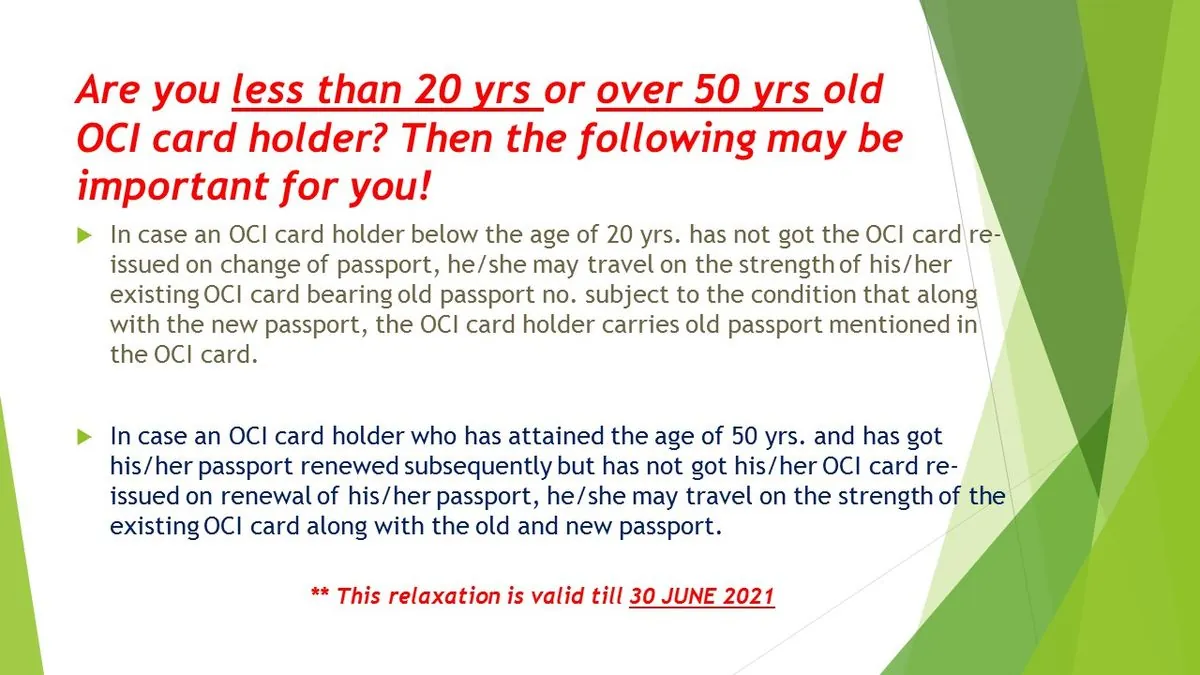India Urges Restraint Amid West Asian Conflict Escalation
India expresses deep concern over rising tensions in West Asia, calling for dialogue and civilian protection. New Delhi advises citizens against non-essential travel to Iran amidst the crisis.

On Wednesday, October 2, 2024, India voiced its apprehension regarding the intensifying situation in West Asia. The Indian government emphasized the need for restraint and the protection of non-combatants as tensions between Israel and Iran reached a critical point.
India's Ministry of External Affairs issued a statement, highlighting the country's position on the unfolding events. The ministry stressed the importance of preventing the conflict from expanding into a broader regional crisis. It advocated for addressing all issues through diplomatic channels and dialogue, reflecting India's long-standing commitment to peaceful conflict resolution.
In light of the escalating situation, India also advised its citizens to refrain from non-essential travel to Iran. This precautionary measure underscores the gravity of the current circumstances in the region.

The Indian government's response comes in the wake of recent missile strikes by Iran against Israel, and the latter's preparations for potential retaliation. This development has raised concerns about the stability of West Asia, a region of significant importance to India.
India's stance on this matter is influenced by its complex relationships in the region. The country has maintained diplomatic relations with Iran since 1950 and established full diplomatic ties with Israel in 1992. This balanced approach has allowed India to navigate the intricate geopolitical landscape of West Asia.
The term "West Asia," commonly used in Indian diplomatic parlance instead of "Middle East," reflects India's geographical perspective and its "Look West" policy aimed at strengthening ties with countries in the region. This policy is part of India's broader foreign relations strategy, which includes the "Neighborhood First" initiative.
India's concerns about the conflict's potential expansion are not unfounded. As the world's largest democracy and second-most populous country, India has significant interests in the region. The Indian diaspora in West Asia numbers over 8 million people, and Indian workers in Gulf countries contribute substantially to remittances.
Moreover, India imports a considerable amount of oil from Iran, making regional stability crucial for its energy security. The country has also been working on the International North-South Transport Corridor, which involves Iran, further highlighting the importance of peace in the region for India's economic interests.
India's call for dialogue and diplomacy aligns with its historical approach to international conflicts. The country has participated in UN peacekeeping missions in the Middle East and has conducted anti-piracy operations in the Gulf of Aden, demonstrating its commitment to regional security.
As a nation that has experienced cross-border terrorism, India has been a strong advocate for global anti-terrorism efforts. This experience likely informs its cautious approach to the current situation and its emphasis on preventing further escalation.
The Indian rupee's use as a trading currency in some West Asian countries and India's defense agreements with both Israel and Iran underscore the complex web of relationships the country must navigate in this crisis.
As the situation continues to evolve, India's response reflects its delicate balancing act in West Asian affairs, its concern for regional stability, and its commitment to diplomatic solutions in international conflicts.


































